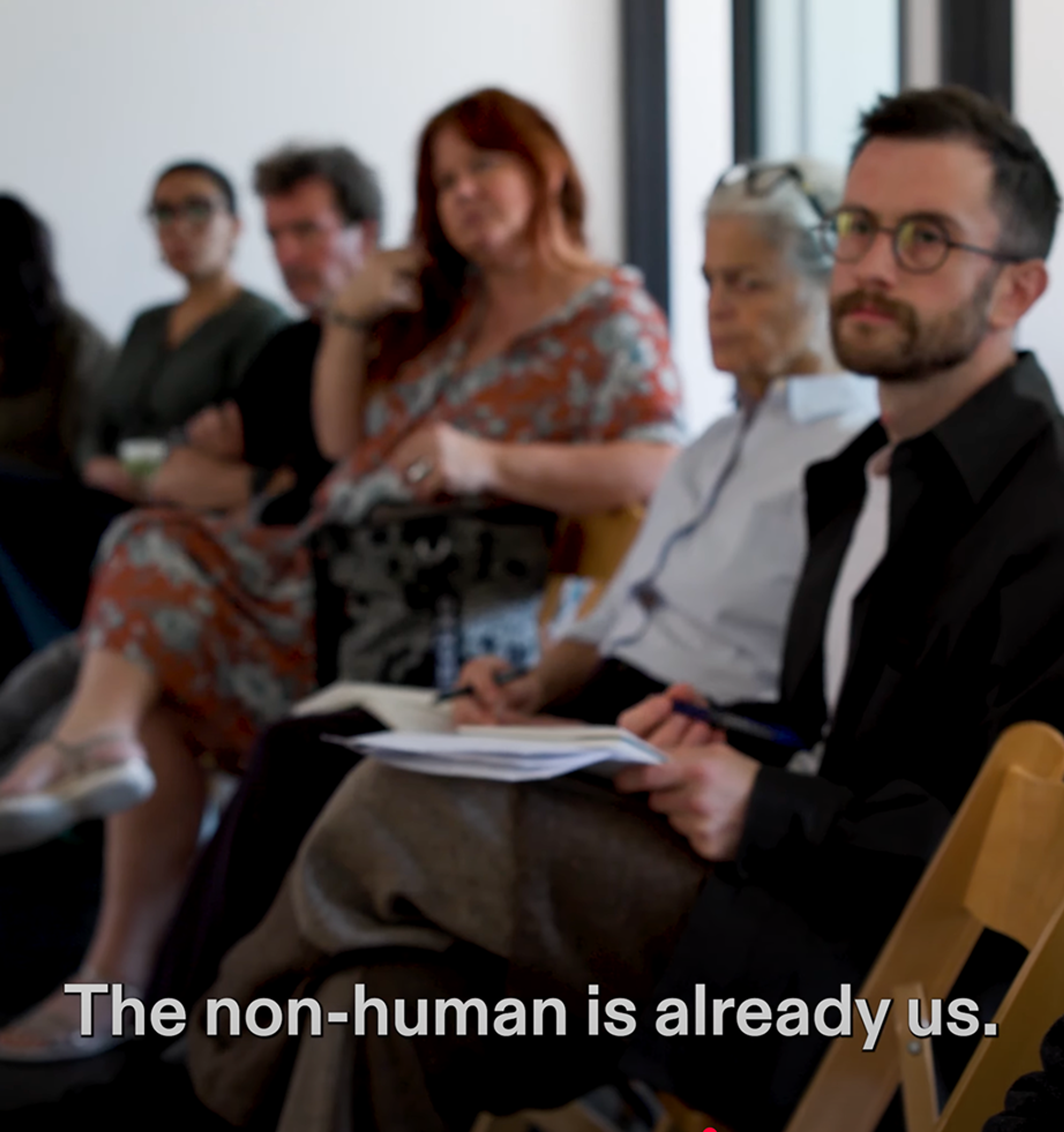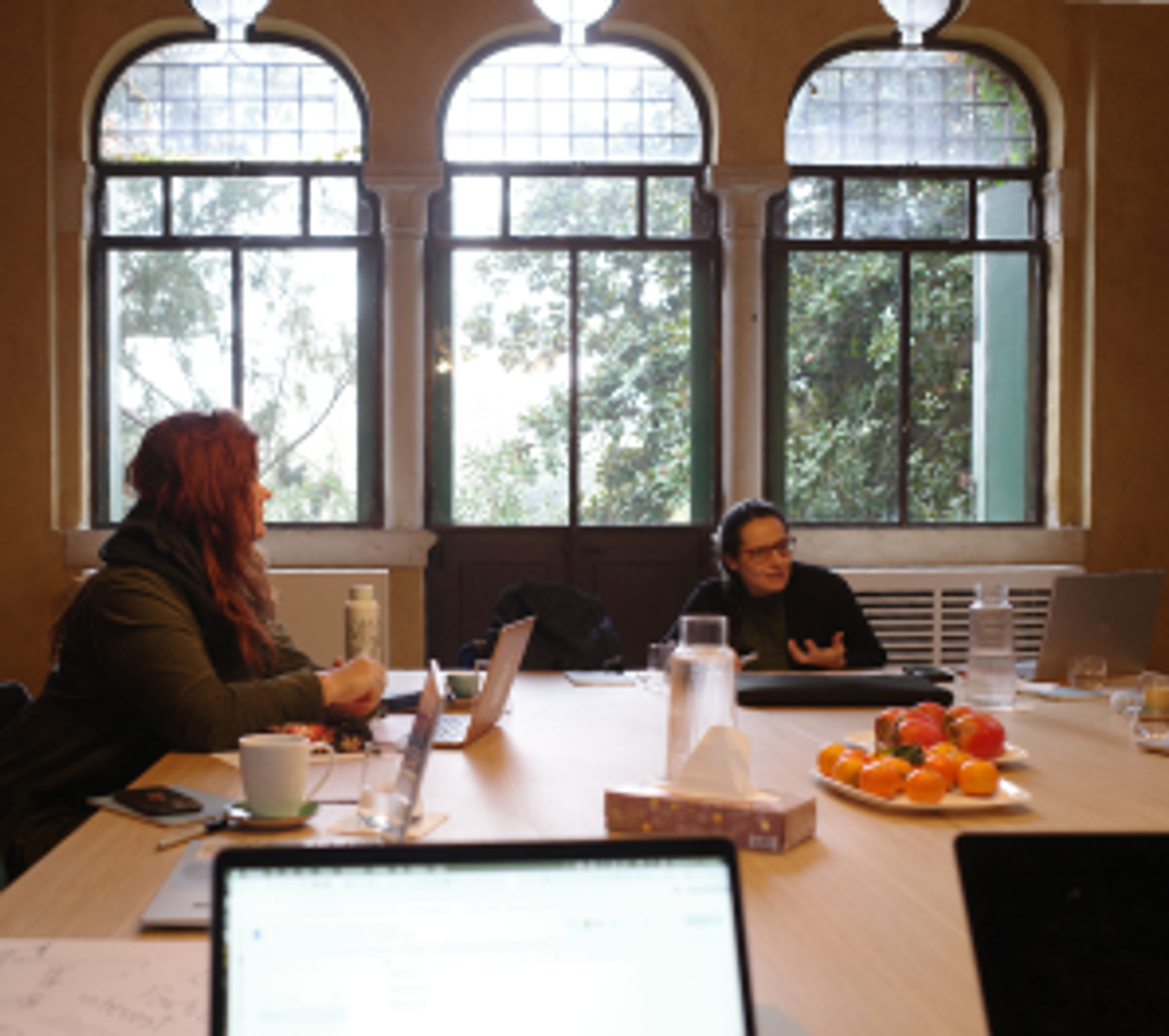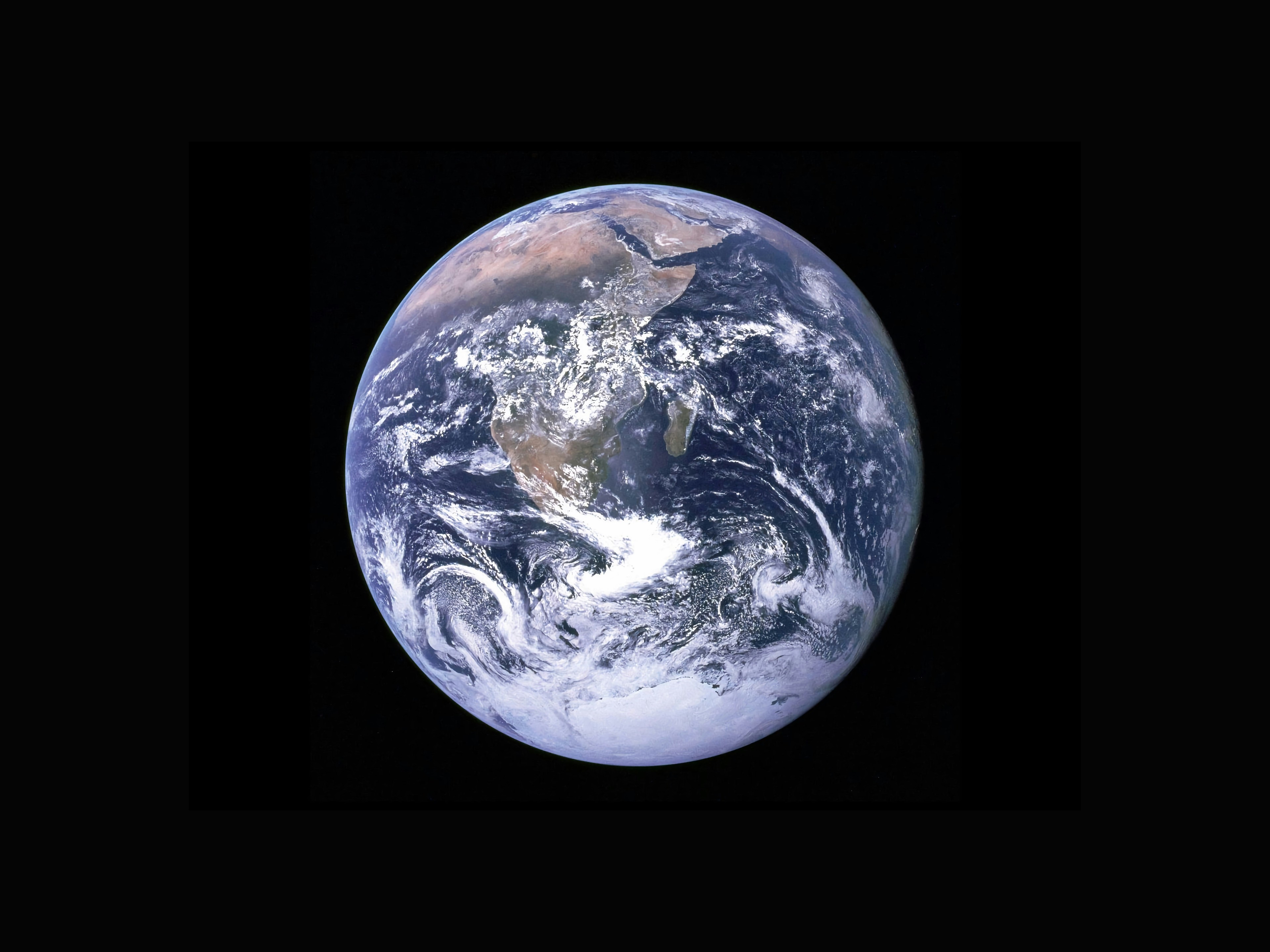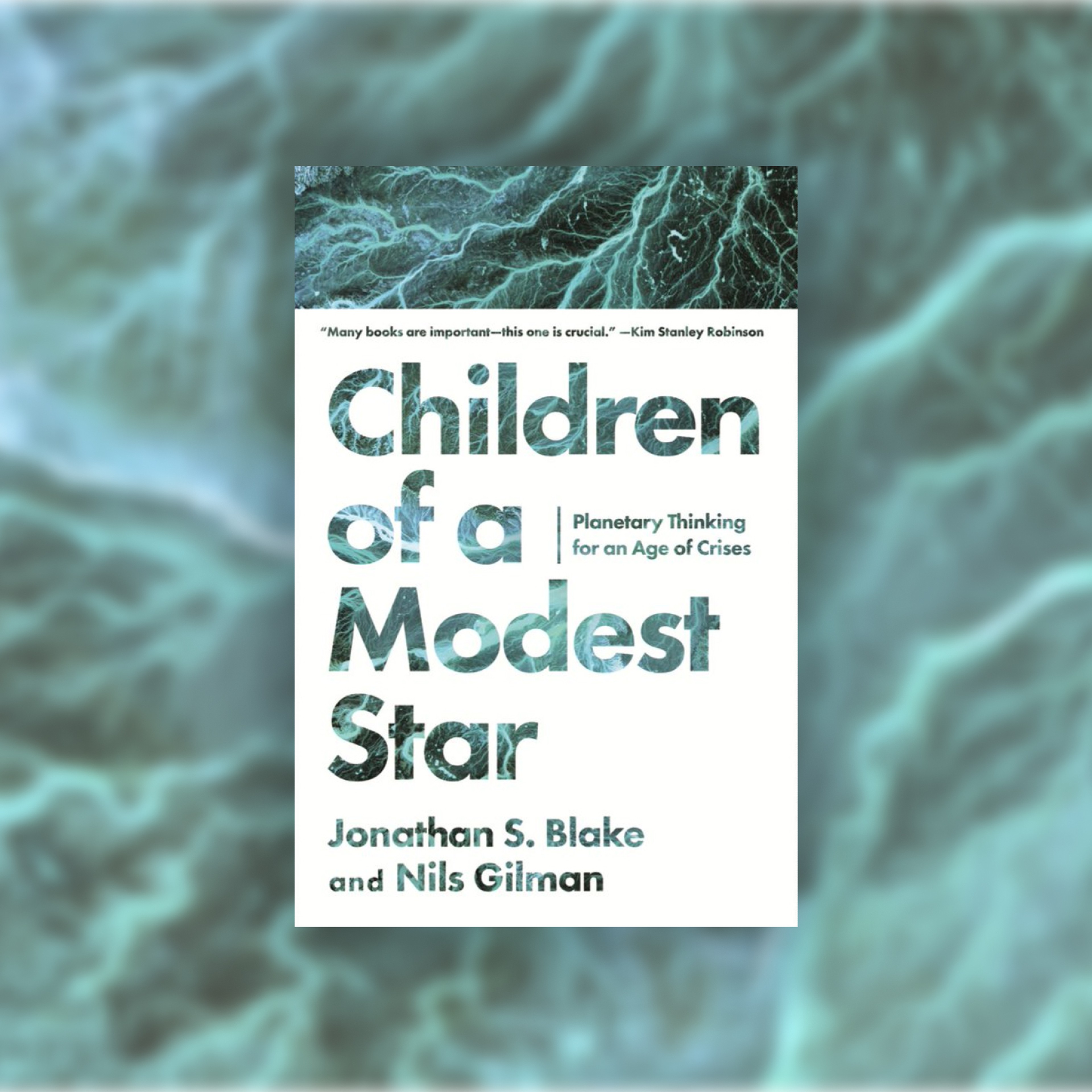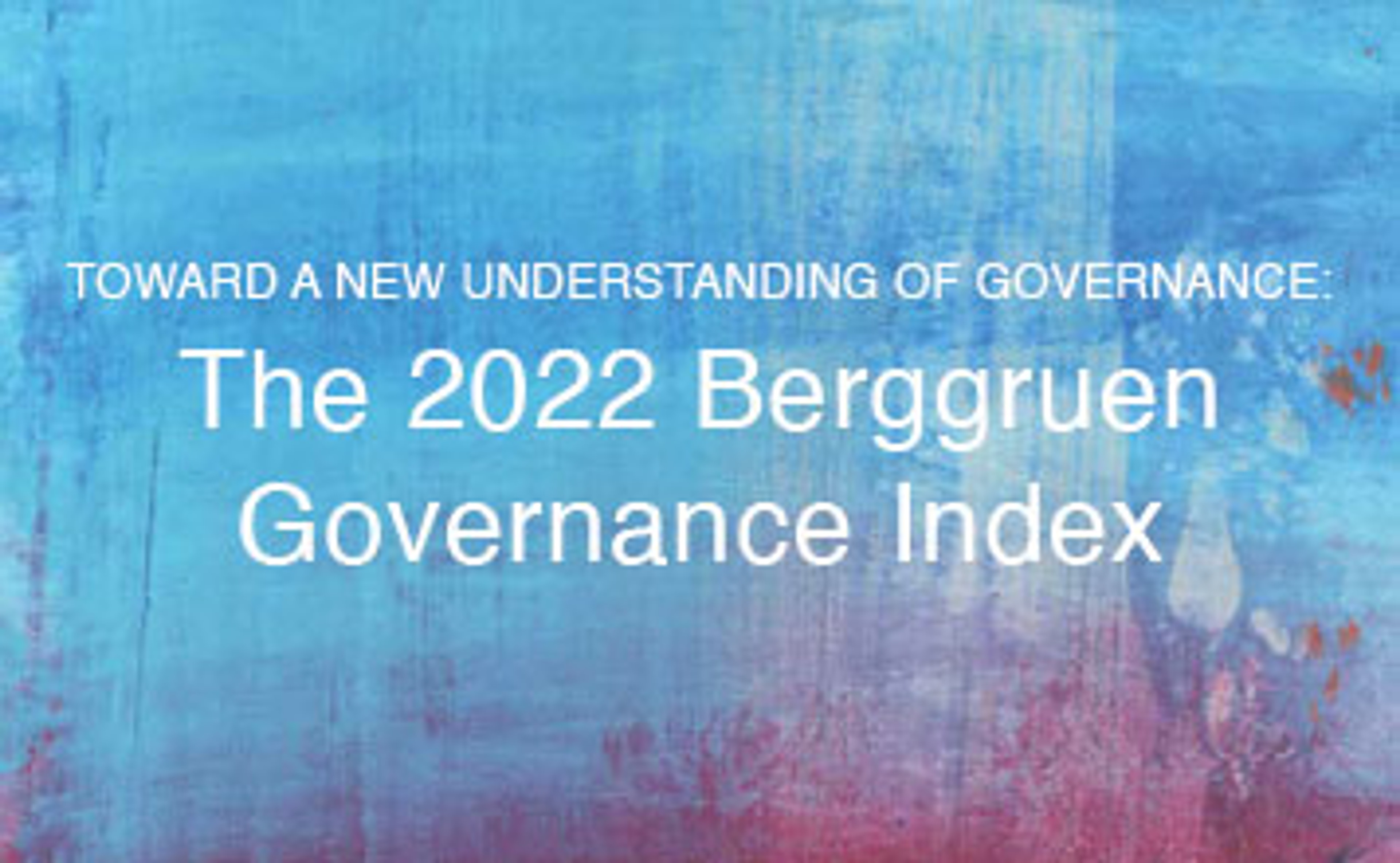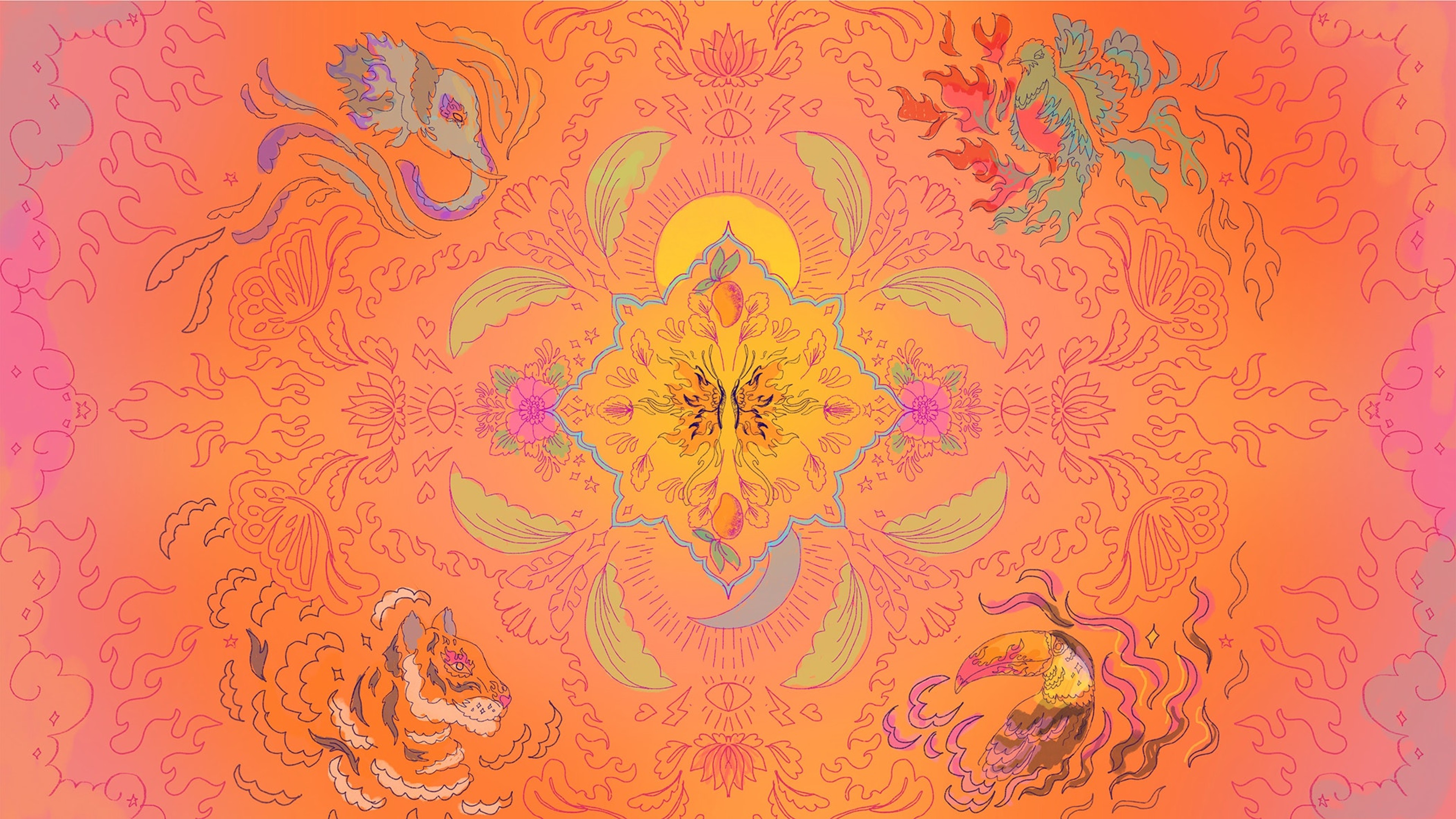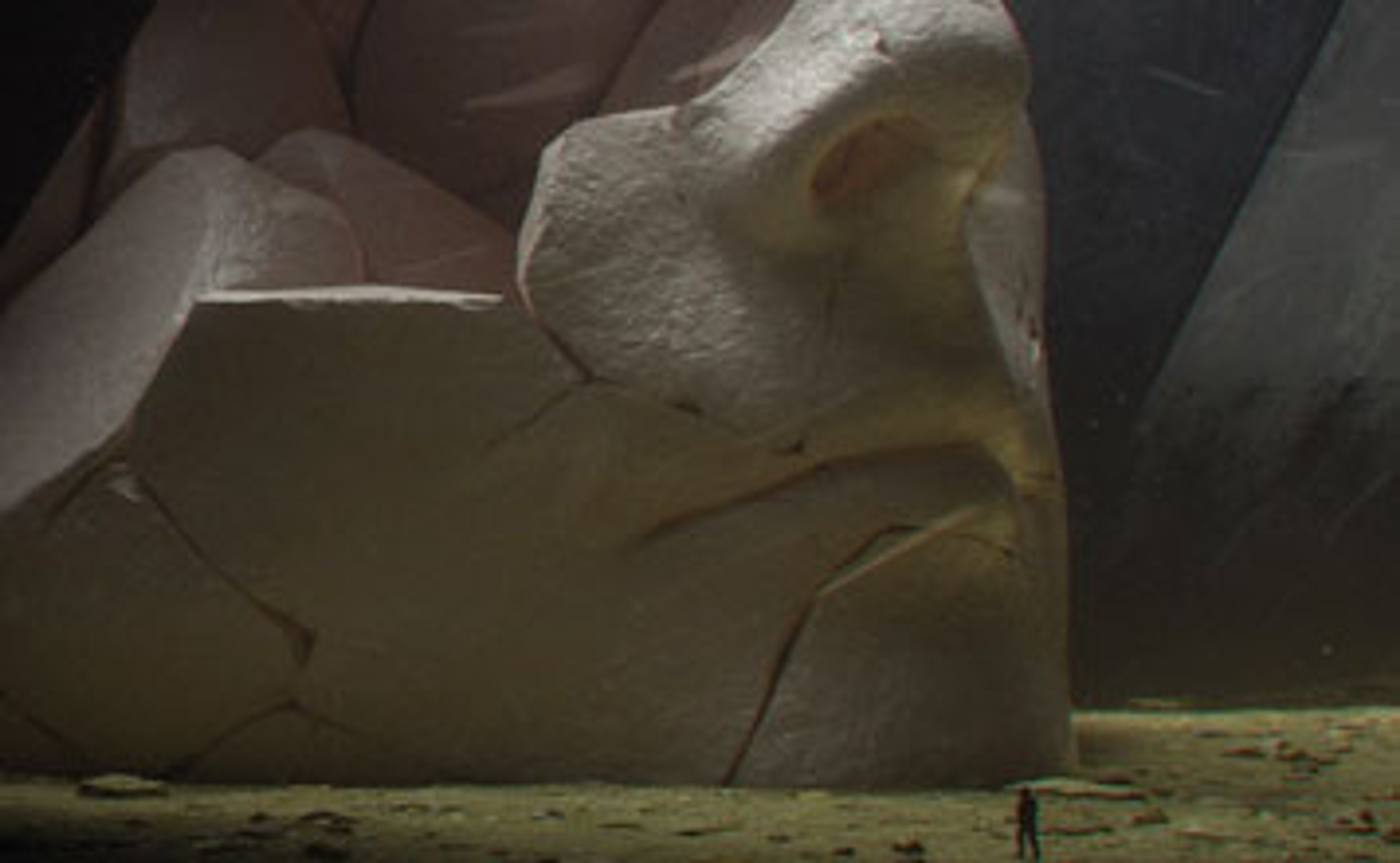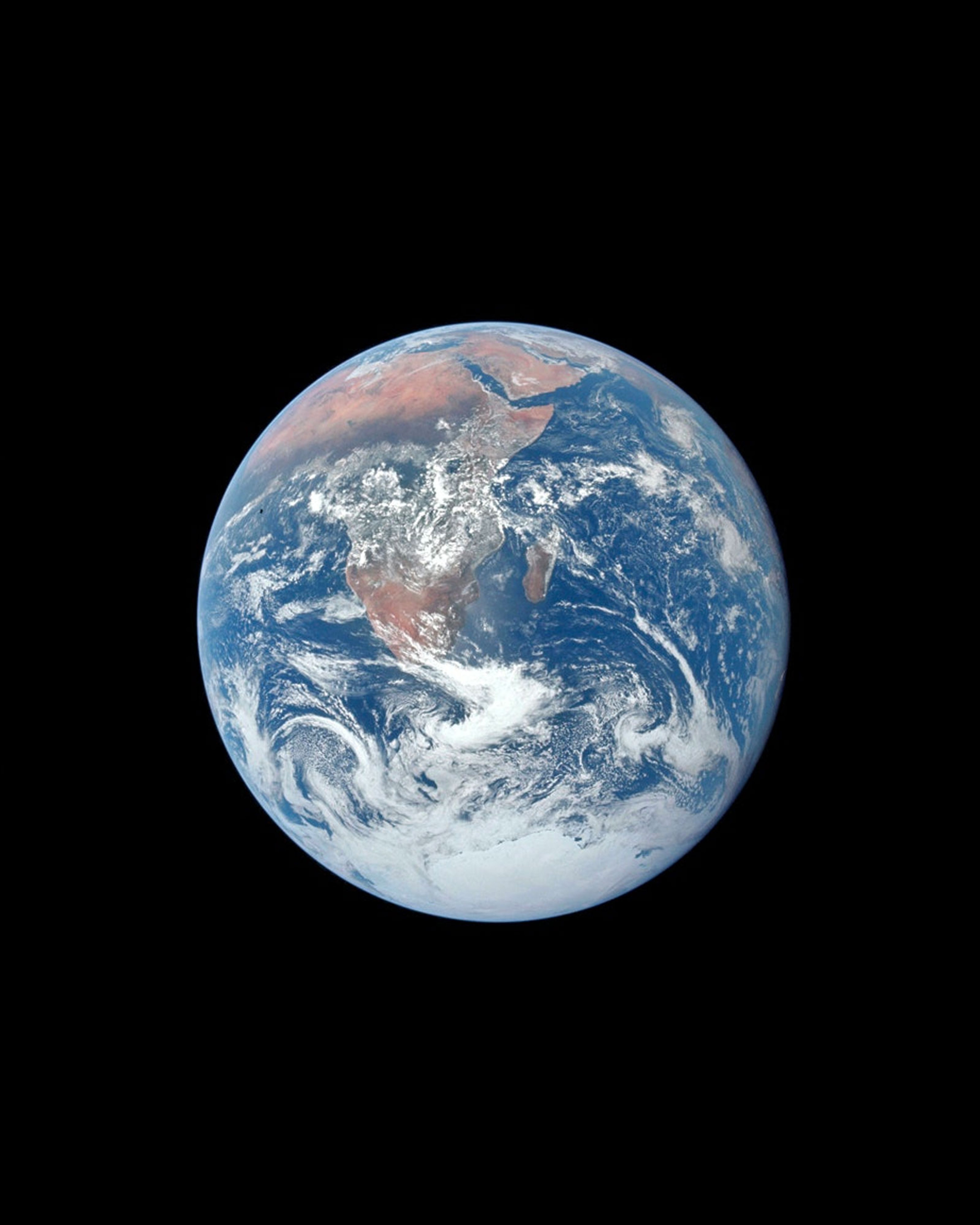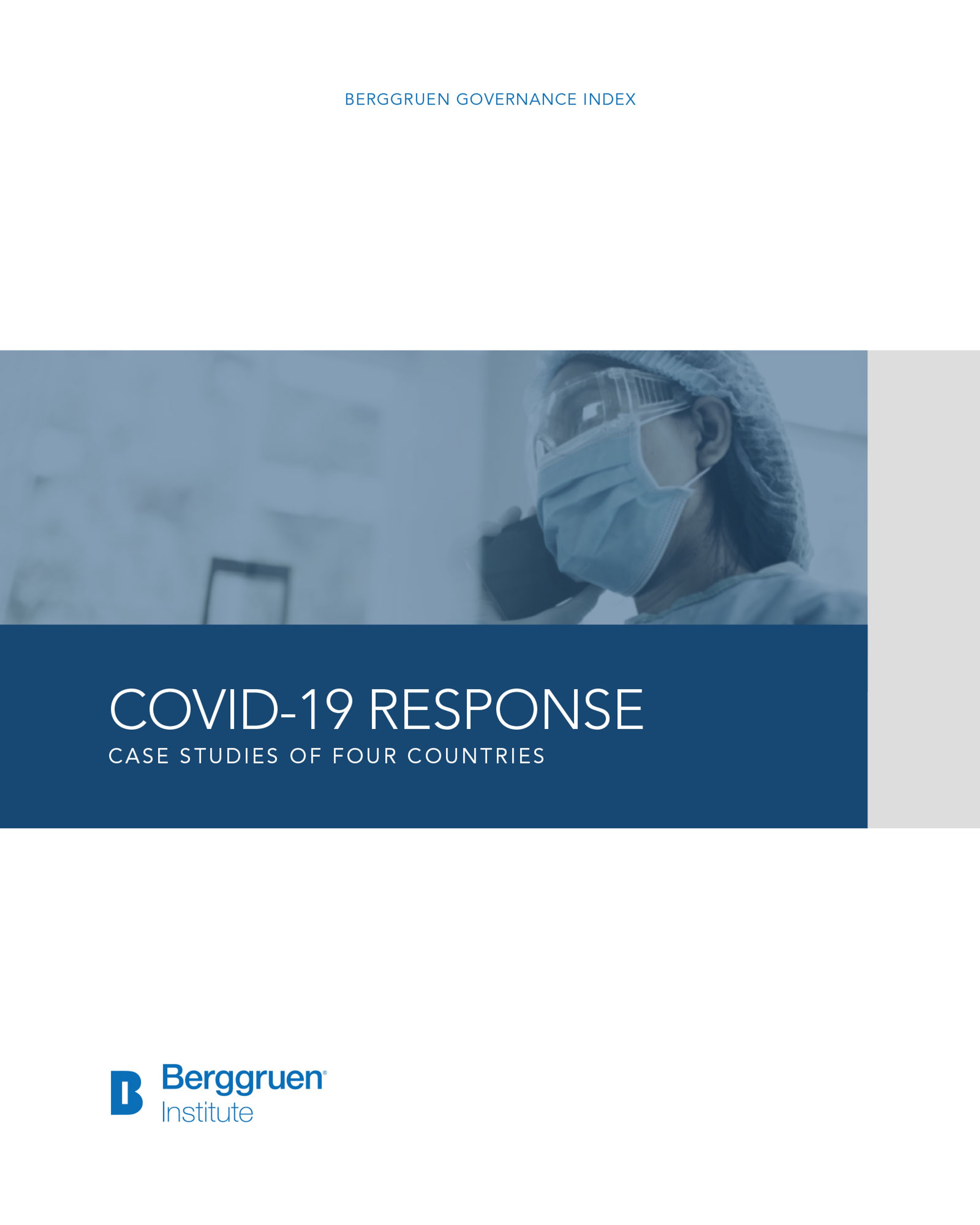The Political Possibilities of Whale Translation
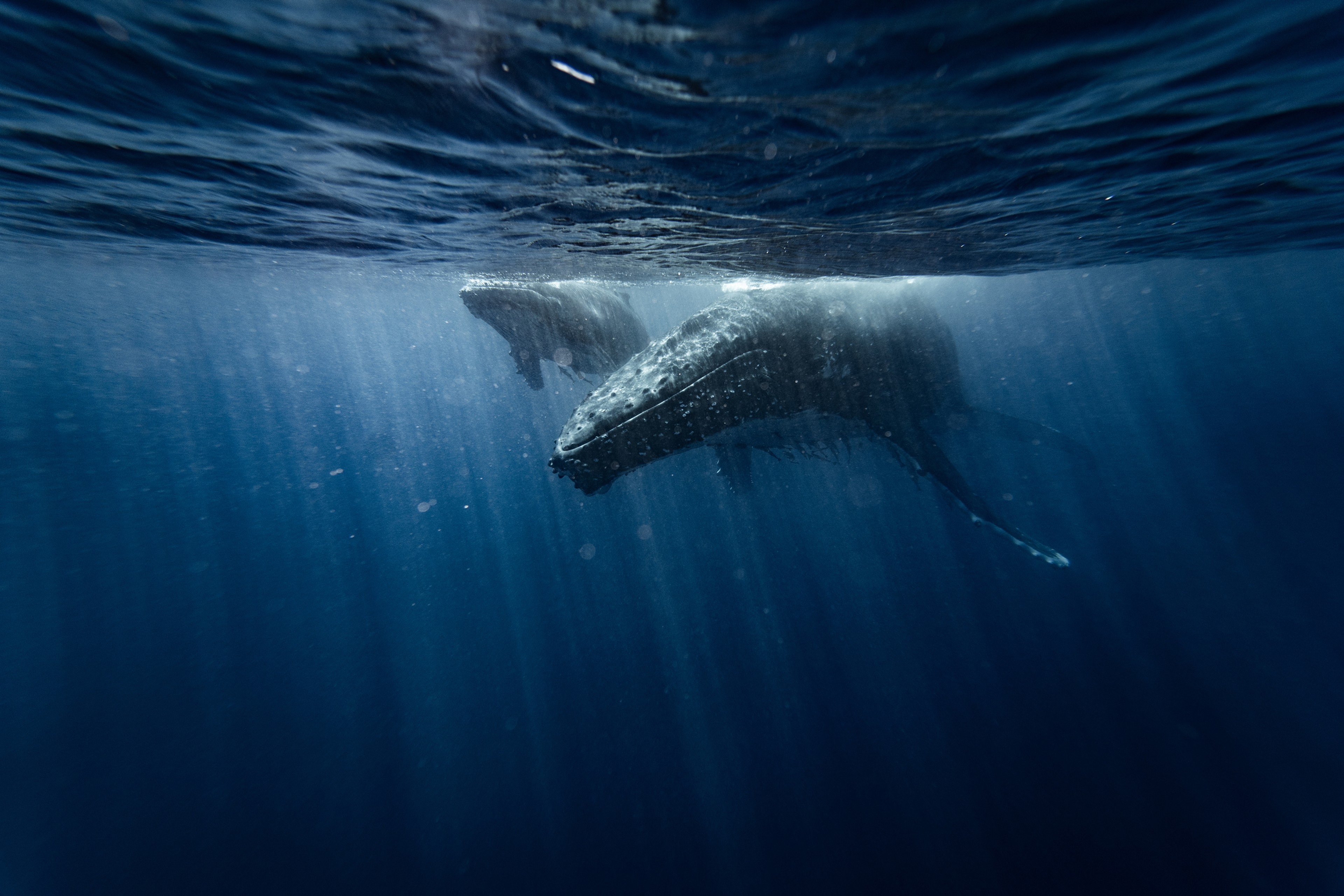
In May 2024, the Multispecies Constitution project hosted a conversation between David Gruber and Robyn Eckersley on the political opportunities and challenges raised by emerging technologies that may open the door to interspecies translation and communication. They discussed their research, the difficulty of generating public excitement for “non-charismatic species,” and their hopes for a multispecies future.
David Gruber is Founder and President of Project CETI (Cetacean Translation Initiative) and Distinguished Professor of Biology and Environmental Sciences at the City University of New York, Baruch College and The CUNY Graduate Center
Robyn Eckersley is Redmond Barry Distinguished Professor in the Discipline of Political Science, School of Social and Political Sciences at the University of Melbourne and a Fellow of the Academy of the Social Sciences in Australia
This interview has been edited for length and clarity.
---
Jonathan Blake
I’m delighted to be able to bring together two people from whom I’ve
learned a great deal to discuss the question of politics and the
more-than-human world. David Gruber and Robyn Eckersley come at this
issue from very different perspectives – David as a marine biologist and Robyn as a political theorist – but, knowing each of you, I know that bringing these perspectives together will be important and exciting.
David, your team at Project CETI had a big announcement this spring.
Could you please tell us about that research finding as a way to jump
into your perspective on nonhuman representation, which really comes
from the cutting edge of scientific technological advances
Then, Robyn, I’m hoping to turn to you to reflect on David’s research, to think out loud on the political opportunities and possibilities his work brings to mind.
David Gruber
Thanks, it’s a pleasure to take part in this conversation.
The paper that you mentioned, “Contextual and Combinatorial Structure in Sperm Whale Vocalisations,” proposes a “sperm whale phonetic alphabet” and revealed that sperm whale communication has both contextual and combinatorial structure far more intricate than previously understood.
It turns out that sperm whales codas, or short bursts of clicks that they use to communicate, vary significantly in structure depending on the conversational context.
The paper reports previously undescribed variations in coda structure that are sensitive to the conversational context in which they occur. This paper shows that coda types are not arbitrary, but rather that they form a newly discovered combinatorial coding system in which the musical concepts of rubato and ornamentation combine with two categorical, context-independent features known as rhythm and tempo, by analogy to musical terminology. Rhythm, tempo, rubato and ornamentation can be freely combined. This gives rise to a large inventory of distinguishable codas.
This Project CETI research involved an amazing interdisciplinary team, in this case, led by a group at MIT’s Computer Science and Artificial Intelligence Laboratory. In particular, Professor Jacob Andreas, who comes from a natural language processing background, and graduate student Pratyusha Sharma, spent the last four years carefully examining nearly 9,000 codas from the sperm whale families of the Eastern Caribbean clan collected by Project CETI’s lead biologist Dr. Shane Gero. The work shows that sperm whale communication has some of the same structural features as the most sophisticated communication systems in the animal kingdom. And, we are excited to continue on this journey on even larger datasets. And to see how their communication system is used to convey meaning.
This paper received considerable public attention – honestly much more than we expected. It is estimated to have 1.5 billion unique people in the publication’s first month. One never knows how a scientific paper is going to be received outside of the scientific community, but I think there is something interesting here about combining machine learning/artificial intelligence with animal communication that bridges worlds.
I’m excited to see how this new information about whale communication
will be incorporated into new forms of multispecies understandings.
Blake
Robyn, you’ve been thinking about the intersection of politics and nature for quite a long time now. Back when you started thinking about this, I doubt you were foreseeing the use of artificial intelligence to translate animal languages, and now here we are! So I wonder how you react to David’s research and what sorts of political possibilities – be they utopian or dystopian or somewhere in between – it brings to mind?
Robyn Eckersley
Thank you, Jonathan, and thank you, David, this work is just so fabulous and fascinating.
The first thing it brings to mind is the struggle and tensions that we humans face in the way we regard nature and try to understand and communicate with it. Because, on the one hand, it’s exciting to find commensurability. It’s exciting to find other species also have language, also have communication, even to the point of having alphabet, syntax, and so forth. And whales, of course, have much bigger brains than us, as do dolphins.
So this is really interesting. And when you find animal language is more than a mere analogy to human language, that really opens up human wonder, empathy, and interest – all of which are really good for saving species.
The flip side of that is there are many species that are nowhere near like us. So many species are radically incommensurable and sometimes threatening. When I go hiking here in Australia, there are snakes and poisonous spiders. When I go swimming, there are sharks. We must be very careful. We have to learn to understand how they work, what makes them angry, what makes them attack, and find ways of not getting in their way.
This is all just to raise a simple point that points to something more general that I’ve struggled with in political theory: how do we humans
talk to other humans about caring about nature? We want to spread that
sense of empathy or regard to others because it’s important for nature
protection. But how do we do it?
Gruber
I completely agree with this, Robyn. In fact, I started my academic career in microbiology, looking at the tiniest forms of life. For over a decade, I investigated coral reefs as well as the microbes that live inside coral’s surface mucous, known as the coral holobiont. Over this time, I saw the corals disappearing at an incredibly fast rate. But I really struggled to find a way to connect people, emotionally, to corals.
I’d try to convey my excitement about corals, but it was like trying to connect people with a pet rock. Outside a small community of coral
enthusiasts and scientists, it seemed difficult to get people to care. Try to get a room full of people interested in corals and the symbiotic micro-eukaryotes that live in their surface mucous, it’s very challenging!
Eckersley
We humans, for better or worse, reason by analogy from the familiar to
the less familiar. But many species, like your beloved coral, are radically incommensurable. Finding similarities and familiarities doesn’t work for worms, bacteria, and grasses. We know trees communicate through their roots and symbiosis with fungi, but even that is a fundamentally different form of communication that isn’t so easily made commensurable.
And haven’t even classified a lot of what’s out there. A lot of the world is unknown, in many ways, or understudied or not studied at all. We don’t know anything about so many species, and therefore can’t bring them into the realm of regard. This is such a struggle. How do we keep them in view as well?
Gruber
My heart has been broken for the last two decades to see these
non-charismatic species without good PR firms not getting the attention and love that they deserve. They might not be like humans, but that doesn’t make them any less incredible.
For me, though, this all changed when I arrived at whales. I remember
giving one of my first talks on whales, and I had never experienced
anything like the public interest. The number of people interested in
microbes is small, but the amount of people that were interested in
whales is enormous.
Whales somehow really keep everybody fascinated, and I was curious
about why that is. Is it something about that we all dream of whales? That we hear of whales as kids? They are these wild creatures that live in the sea, so we don’t interact with them as we do a domesticated animal, like a cat or a dog, yet they still captivate us.
I remember thinking and feeling, if this is what it takes to get people to care about marine life, about our oceans, our planet, I’ll study whales. We only have a certain number of breaths on this planet, do I really want to spend them trying to force everybody to fall in love with corals?
So I came to focus on whales because they are able to reach Homo sapiens and interest them.
Eckersley
All this knowledge that you’re generating, David, is really important for opening people up to the wider world of life on this planet. I think that “wow factor” in your research is amazing. It’s just great that it’s getting attention.
In our focus on animals that are like us we too often forget about all the other wondrous things that other creatures do. There are a lot of things that other species do that are simply amazing: the sonar capability of whales, dolphins, and bats. Amazing! That’s their own form of excellence – or one of their own forms of excellence – one of the things that they uniquely do. The more that we can open ourselves up to incommensurable forms of excellence, and not just ones that are like us, that just expands the horizon of discussion.
In the task of nature advocacy, we have to work with what we can to communicate. We have to start with the audience and work from what they know and understand to what we want to bring into view for them. Without lecturing them, we need to open people to the wonder of the world. It’s one important method for encouraging people or inspiring them to build a regard for the nonhuman world, a respect, a desire to protect. But, of course, it doesn’t always work.
Gruber
What would have the most strategic impact?
Eckersley
There are lots of instrumental arguments for nature protection, but they don’t run very far. Because if we just rely on instrumental arguments, then as long as we can find artificial substitutes for nature services, we don’t need the real thing anymore. That really bothers me.
On top of that is what I loosely call “multicultural ecology”: the fact that different cultures and different groups within cultures approach nature differently. Part of that comes from how we encounter nature. For instance, a lot of indigenous people, although they have a very rich symbolic order about nature, relate very practically to nature, since they need to live closely and work with nature. Their approach starts with the fact that it’s an important and everyday feature of their lives.
But most of us who live very urbanized lives have completely lost that
relationship. This is yet another challenge: so many of us don’t interact with nature in a direct way. Part of our task is to make nature somehow vivid for people for whom it is really an abstraction or otherwise “elsewhere.”
To return to something I just said for a moment, I’m not saying we don’t play the instrumental card at all. Philosopher Bryan Norton’s “convergence hypothesis” is persuasive showing how instrumental arguments can even get us toward non-anthropocentrism. But I’d be worried if that was all we encouraged. I think we need to do both.
But overall the range of arguments and really the assumptions made in
conversations about nature today have matured so much since I began my career. When I was doing my Ph.D. back in the ‘80s, many debates
started out with the material value of the natural world. Back then it
was so challenging to make the political arguments that I was making
about the intrinsic value of nature and other species. We were all
considered daft!
We had to defend everything we said; everything had to be argued
rather than assumed. For example, I couldn’t stand up and say that
anthropocentrism was problematic. People would respond, “What on Earth are you saying? Why is it a problem? Of course we’re anthropocentric, we need to survive. Of course, we care more about our families and species, what’s wrong with you?” I was lampooned so much back then. It was hard being the young junior scholar not taken seriously.
Nowadays, however, people working in ecological humanities and in many of the natural sciences just say, “Yes, of course, anthropocentrism is bad in the way we think racism is bad.” I don’t know when that shift happened, but I’m delighted that it did.
That said, there are some enduring ideas from those days that are
unfortunately getting a bit lost today. One of my favorite theorists was the late John Rodman, who wrote this beautiful article in the ‘70s called “The Liberation of Nature,” which got right into the issues very seriously from the very beginning. I really recommend it!
Gruber
I think back to the work of Roger and Katy Payne in that same era.
Their research and Songs of the Humpback Whale, the album Roger
released in 1970 -- they did so much for whales. That album helped
kick off the “Save the Whales” movement that has been so important for
whale conservation. His findings and especially the recordings of the
humpback songs inspired so many people.
It takes me back to what you said, Robyn, about wonder. The world is
such an amazing place. Our oceans are amazing! Whales are amazing!
Humpbacks sing haunting melodies; sperm whales speaking to each other in structured combinations of clicks that we are getting closer and
closer to understanding. This planet fills me with wonder and awe.
Eckersley
I couldn’t agree more. But not everyone sees it this way yet. We have
to bring along more people and extend our care to more species. We
have to learn to keep springing forward and adapt in a way that enables as many species as possible to flourish in their own way. It’s going to be hard. Too many humans don’t even understand all humans as having dignity that gives them an entitlement to live and flourish in their own way. But we have to do it. We have to do it.

